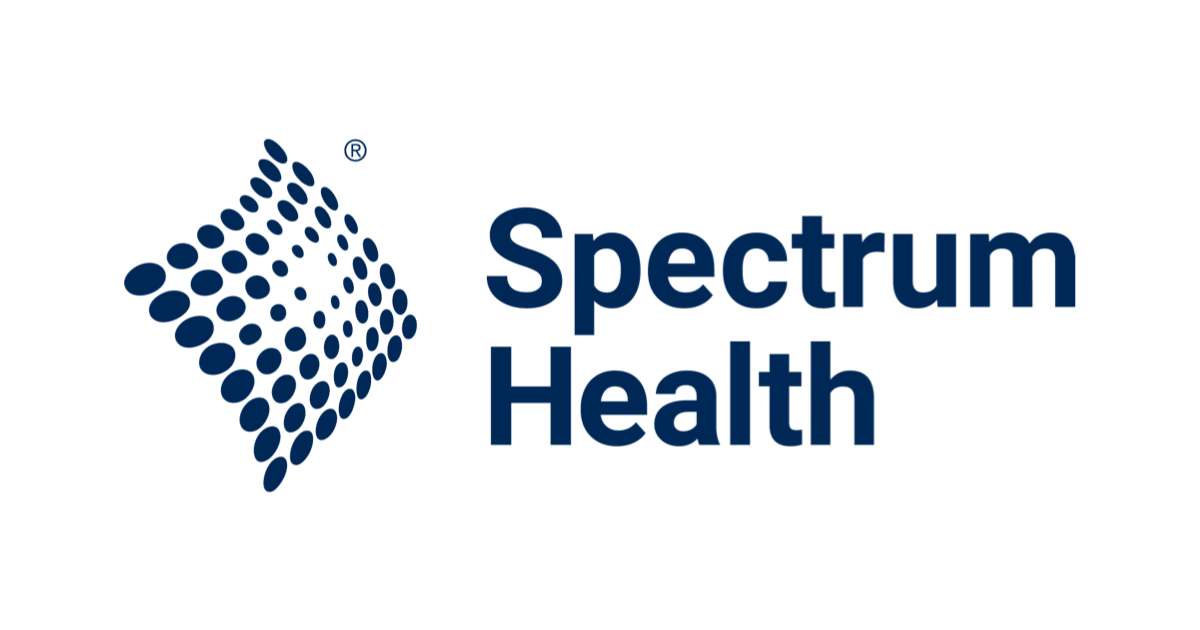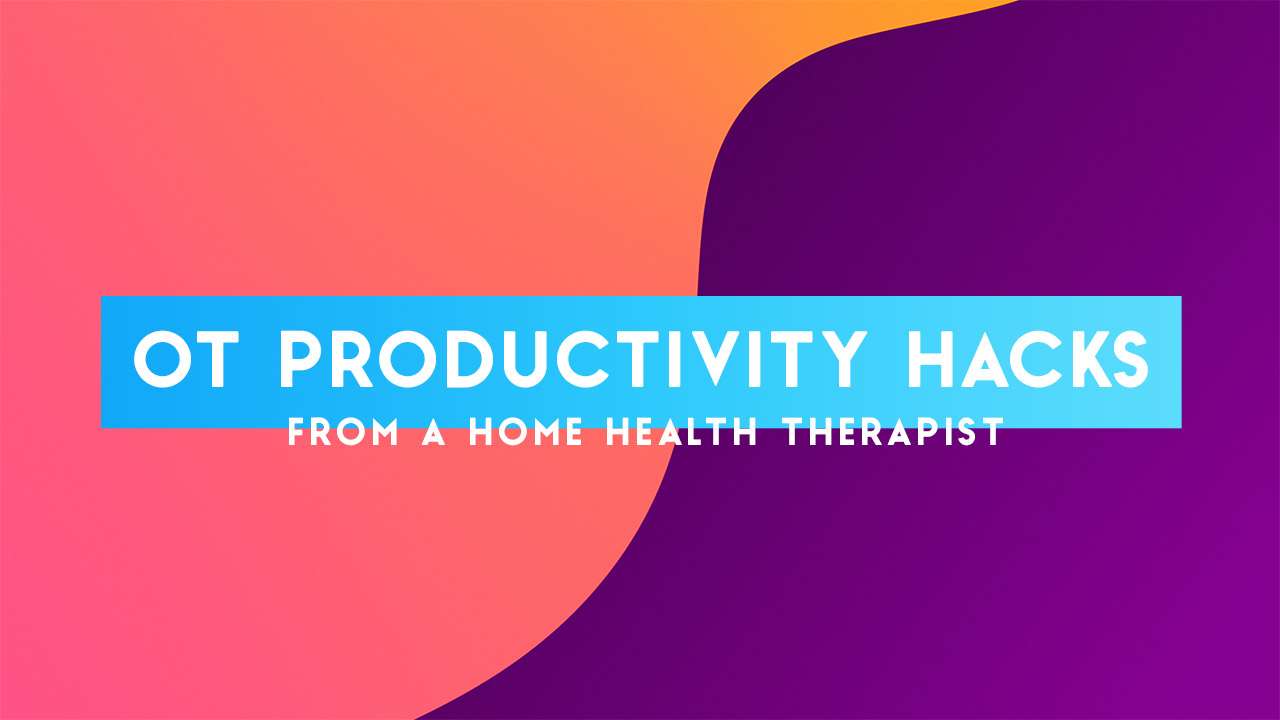For thousands of clients, physical therapy is a proven way to get moving again, pain-free. Physical therapy is used to prevent and relieve pain from many conditions, whether neurological or sports-related. Our physical therapists commonly treat orthopedic, sports and neurological conditions and help to prevent and relieve pain from injuries, the aging process and chronic conditions.
Our physical therapists start by assessing your current condition. Based on your specific needs and symptoms, we may recommend water therapy, orthopedic rehab or targeted exercises you can do at home. Because physical therapy is often part of a post-surgery recovery plan, our therapists work in all settings: inpatient, outpatient and at home.
‘This is so great for the kids’
A Davenport University partnership cares for student athletes on and off the field.
Dr. Hamilton checks the knee of injured soccer player Linden Arndt. Dr. Hamilton is a former assistant team physician with the National Football League’s Houston Texans and Major League Baseball’s Houston Astros. (Chris Clark | Spectrum Health Beat)
Spectrum Health doctors plan to provide treatment for a much wider range of services than just football-related injuries, Dr. Hamilton said. He is shown checking the injured knee of rugby player Julia Mayer. (Chris Clark | Spectrum Health Beat)
Dr. Hamilton, right, talks with Davenport University athletic trainer Jason Kolean, left, about rehab for injured football player Gabe Andree. The new football program is the reason why the university signed a deal this year with Spectrum Health Medical Group to provide medical services to the team, which has since blossomed into services for all of the university’s athletes. (Chris Clark | Spectrum Health Beat)
Dr. Hamilton, who specializes in orthopaedic sports medicine with Spectrum Health, checks Ashley Reese’s injured shoulder during on-campus physical examinations for Davenport University student athletes. Reese plays on the school’s women’s hockey team. (Chris Clark | Spectrum Health Beat)
Volleyball player Sean Cox has his injured foot checked by physician Kendall Hamilton, MD. “This will be a full-service medical program that’s available and helpful to both student- and non-student athletes,” Hamilton said. “So far the feedback has been very positive and extremely encouraging.” (Chris Clark | Spectrum Health Beat)
The Davenport University soccer player knew he had a knee injury, but didn’t know it was serious.
On July 31, the player walked into the school’s athletic training room, where Spectrum Health Medical Group doctors conducted on-campus physical examinations under a new deal between Davenport and Spectrum Health Orthopedics.
Spectrum Health doctors examined the soccer player’s knee and diagnosed him with a meniscus tear.
An MRI at Spectrum Health the next day confirmed the tear, and on Aug. 5 the student underwent surgery to repair the injury. He’s now gone through physical therapy and returned to full health.
“Without knowing there was a tear, he could have gone for four to six weeks of physical rehab and still not been able to return to sports,” said Kendall Hamilton, MD, who specializes in orthopedic sports medicine and performed the surgery.
“With this, he didn’t have to wait to see a physician, he didn’t have to wait to get an MRI, wait to get a follow-up visit,” he said. “Just five days between diagnosis and the completion of surgery. That’s the level of care Division I athletes get, and that’s the type of care we were able to provide with this new deal.”
Feedback ‘extremely encouraging’
Davenport University approved creation of a football program in November 2013, and this summer the school’s first recruiting class arrived on campus.
The team will begin competitive play in September 2016 at its new 1,900-seat stadium on 68th Street in Grand Rapids, about a mile from the main campus.
Spurred by the creation of the football team, the university signed a deal this year with Spectrum Health Medical Group to provide medical services to the team, which has since blossomed into services for all of the university’s athletes.
By the end of September, Spectrum Health doctors had already treated more than 60 student-athletes for injuries, in addition to 150 other medical exams to clear all university athletes for participation before their seasons begin.
“Football is probably the sport with the most injuries,” said Dr. Hamilton, a former assistant team physician with the National Football League’s Houston Texans and Major League Baseball’s Houston Astros. “When you think about concussions, shoulder injuries, knee injuries, there’s almost an eightfold increase in the incidence of musculoskeletal injuries versus other sports. So that spurred this whole thing.”
But the Spectrum Health doctors plan to provide treatment for a much wider range of services than just football-related injuries, Dr. Hamilton said. That includes subspecialties like surgical and non-surgical sports medicine, physical therapy, primary care and women’s health, sports psychology, urgent care, neuropsychology and concussion management.
“This will be a full-service medical program that’s available and helpful to both student- and non-student athletes,” he said. “So far the feedback has been very positive and extremely encouraging, that in just a short time we have been able to greatly impact the health care access and treatment of numerous students.”
Top-notch care
Emily Aldrich, a Spectrum Heath athletic trainer who is also working with the university as part of the health care partnership, said most colleges don’t have the equipment or staff to provide the level of service that a place like Spectrum Health can provide.
“An athletic training room will mostly have treatment modalities, taping stations and rehab stations,” Aldrich said. “Certainly no advanced imaging. Most students would have to be referred to a physician, who then refers them to advance imaging.
“With this program, we can skip a lot of those steps,” she said.
Spectrum Health is also looking into providing tuberculosis and flu shots on Davenport’s campus in the near future, Dr. Hamilton said.
“This is so great for the kids,” he said. “They don’t have to schedule appointments, they don’t find transportation back to primary care. …We’re really excited about the whole program.”
Spectrum Health is committed to the wellness of our residents and fellows. Being a physician is a higher calling and honorable profession. It can be extremely rewarding, yet emotionally and physically exhausting. Psychological, emotional and physical well-being are critical in the development of the competent, caring and resilient physician. We are dedicated to improving the learning environment to achieve a culture of respect and accountability for physician wellness.
We recognize that residents are at high risk for burnout. Burnout effects the quality of patient care and causes emotional distress for the individual. All residents and fellows are encouraged to regularly take the Well-Being Index (internal link). Once per year, residents will have protected time to take this assessment and debrief the results.
- One-minute survey that assesses six dimensions of well-being
- Confidential, online self-assessment
- Benchmark data relative to national peers and colleagues
- Immediate results paired with local and national resources that promote well-being
Our resident and fellow wellness subcommittee works to foster a culture of wellness, support and collaboration in which Spectrum Health residents and fellows can thrive. Efforts align with Spectrum Health’s system-wide wellness initiatives through the Office of Physician and APP Fulfillment (internal link).
Initiatives focus on four areas:



